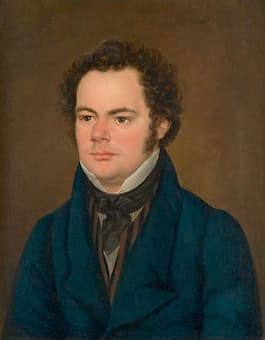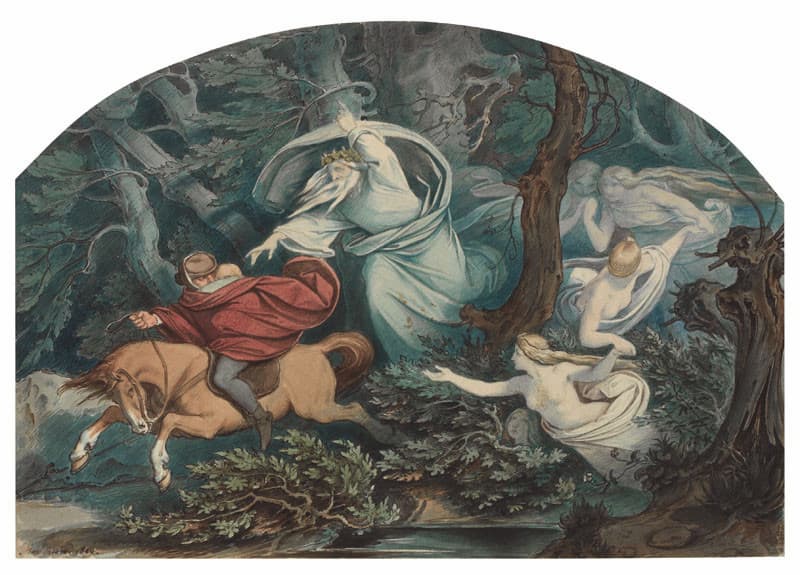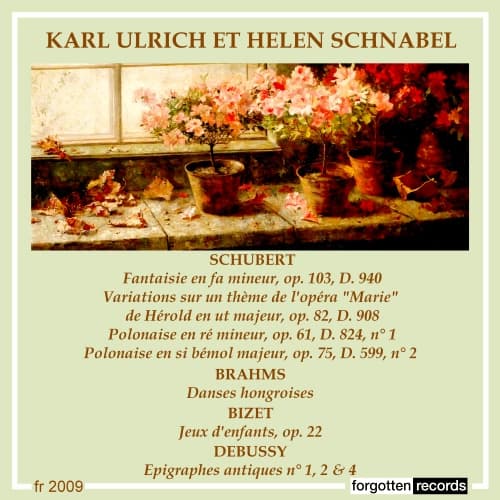In December 1822, Franz Schubert (1797-1828) was awarded a Diploma of Honour from the Styrian Music Society in Graz. As a way of saying thank you, he sent two movements of a symphony he was working on, noting that it
Schubert
To start with, I have to confess that although I have long been fond of Schubert, he hasn’t been among my “favourites” (if such a term is appropriate). Somehow, I have found a barrier between Schubert and me that prevented
“I love the vulnerability of Schubert. I love the fragility. I love the lack of resolution. In a way, it’s the most real and human music.” – Paul Lewis Schubert: Piano Sonata in A Major D. 664, II. Andante |
One of the great delights of Franz Schubert’s setting of Goethe’s poem Erlkönig is all the voices that appear in the work: in the vocal line, we have the narrator, the father, the child, and the Erl-king. The piano is
Before Schubert, works for piano four-hands were associated with music for amateurs to be played at home. Music that was too much for one player was easier with more hands helping. The work’s title, Fantasie, although given in French, has
“Schubert’s music is the most human that I know.” – András Schiff Schubert’s music provides the bridge between the classical and romantic eras. Yet his music was not well known during his lifetime outside of Schubert’s own intimate circle of
Franz Schubert was in dire straits in the mid-1820s. He was very ill and this seems to have crept into his music. His String Quartet No. 14 in D minor was called ‘the most morose instrumental work’ in the Viennese
Franz Schubert (1797-1828) wrote hundreds of songs but started only 13 symphonies and completed only seven of them. And yet, it is his Symphony No. 8, known as the Unfinished that remains as one of his most popular orchestral works.








